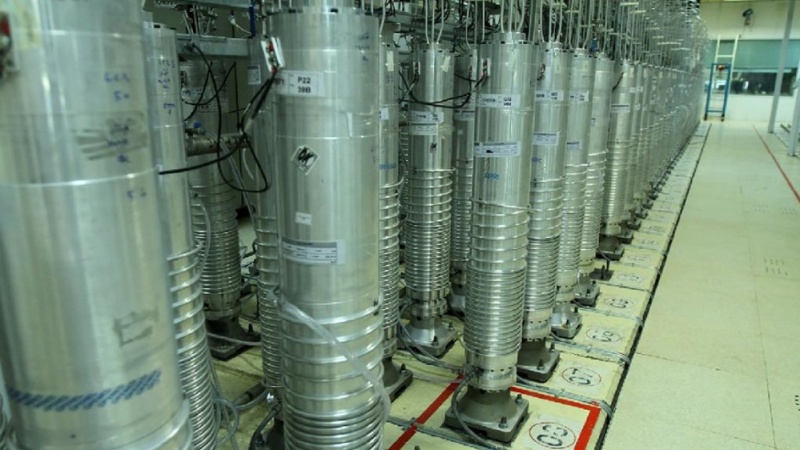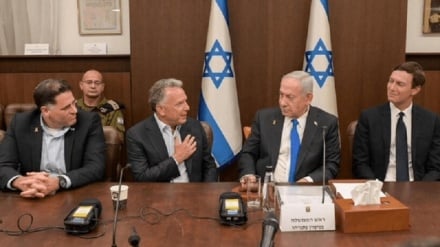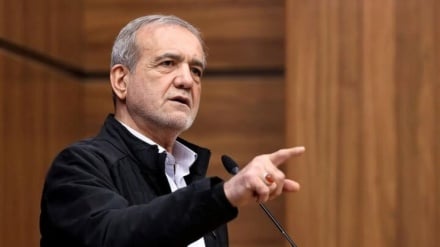Iran to turn off IAEA surveillance cameras operating outside safeguards agreement
Iran's nuclear agency has announced plans to turn off some surveillance cameras of the International Atomic Energy Agency (IAEA), whose operation is deemed beyond Iran's obligations under the UN agency's safeguards agreement.
According to Press TV, the Atomic Energy Organization of Iran (AEOI) in a statement on Wednesday said the UN nuclear watchdog’s surveillance cameras of the On-Line Enrichment Monitor (OLEM) – a system designed to provide continuous enrichment measurements at gaseous centrifuge enrichment plants -- and the flow meter are set to be taken offline.
“The Islamic Republic of Iran has so far had extensive cooperation with the IAEA, but unfortunately having failed to consider such cooperation which has derived from Iran's goodwill, the Agency has not appreciated it, and instead has considered it a duty,” the statement read.
It added that as a consequence, Iran has “decided that the operation of the cameras of the On-Line Enrichment Monitor and the IAEA’s flow meter should be stopped from today. The relevant authorities have been ordered to take the step.”
More than 80% of the IAEA's existing cameras are operating under the safeguards agreement, which will be in place and will keep functioning as usual, Iran's nuclear agency pointed out.
On Tuesday, a senior Iranian official urged the IAEA Director General to refrain from pursuing any political agenda in his work, stating that the Islamic Republic is strongly opposed to an anti-Iran resolution at the Agency’s Board of Governors.
Speaking with the IRIB TV1 television channel, Kazem Gharibabadi, Iran’s former envoy to the IAEA, explained that the agency has submitted two separate reports to each meeting of the Board of Governors, one on Tehran’s compliance with its nuclear-related obligations and another on its compliance with the NPT Safeguards Agreement.
In its second report, the IAEA “claimed to have documents showing nuclear-related activities in some sites and called on Iran to cooperate with the agency and clarify the matter. The Islamic Republic of Iran, for its part, cooperated with the agency in good faith and on the basis of transparency,” he said.
Gharibabadi, who is now the Iranian Judiciary chief’s deputy for international affairs and secretary of the country’s High Council for Human Rights, stated that Iran provided adequate explanations to the IAEA after tiny amounts of nuclear particles were found in one or two locations.
“I think there are two main reasons why the IAEA has amplified the issue and put it high on its agenda. One reason is the constant political pressure that the United States, some Western countries, and the Zionist regime have been exerting on the agency,” he said, pointing out that Israel itself is not a signatory to the NPT.
SS



